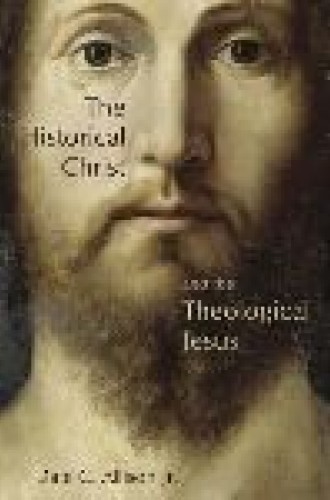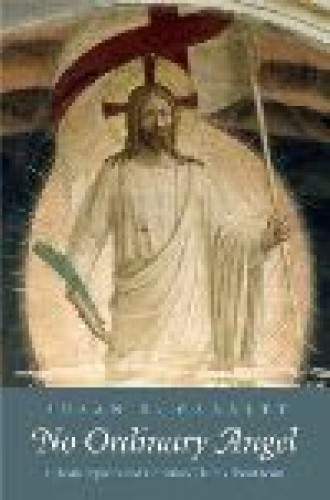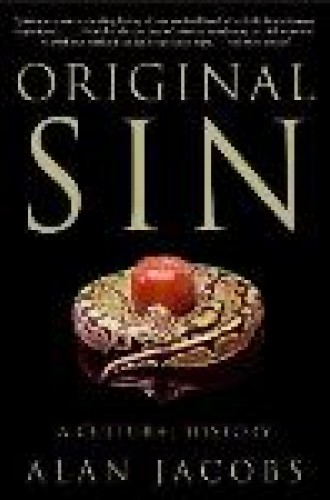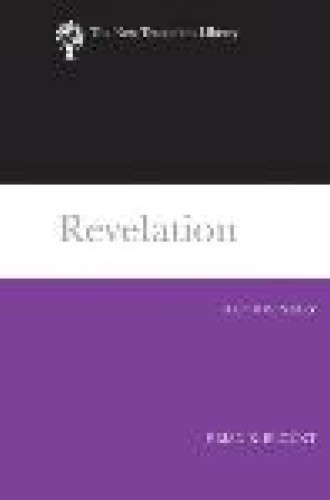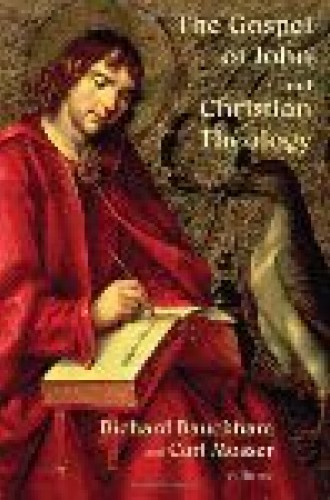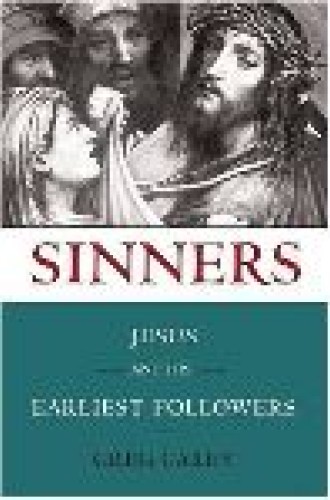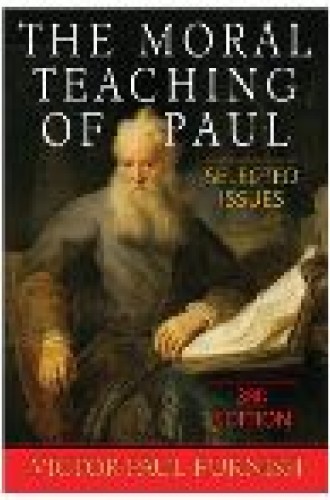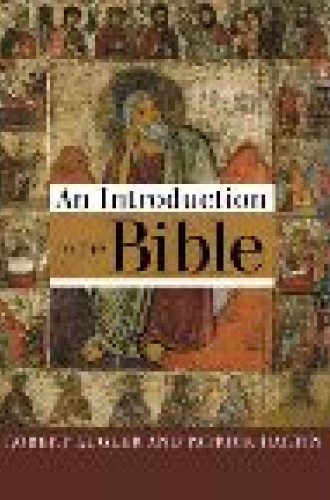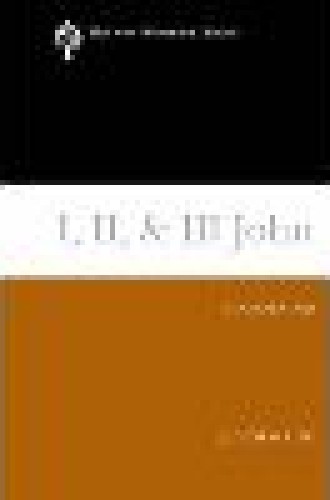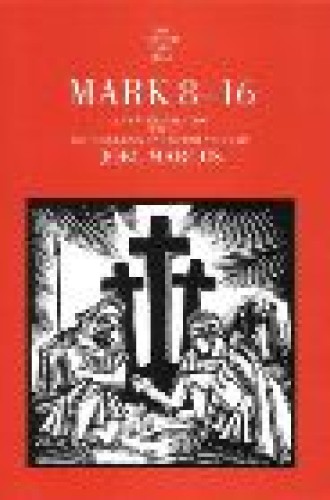Take and read
Few biblical scholars at work today combine Allison’s extensive learning, personal modesty and refreshing honesty. In this study he attempts to reconcile his theological commitments and his historical reconstruction. Whether or not they are persuaded by Allison’s conclusions, readers will appreciate his insistence that “the unexamined Christ is not worth having.”
Many fine volumes treat the theology of the fourth Gospel, but this collection of essays is distinctive for bringing together the perspectives of biblical scholars and systematic theologians to address a variety of topics, including the Gospel’s Christology, the history of interpreting John, the recurrent use of the phrase “the Jews,” issues of historical reliability and the meaning of the Lazarus story. Of particular timeliness are the chapters on John and contemporary concerns about pluralism.
Scholars find it easy to show that the book of Revelation was written for a particular time and place in early Christianity. It’s far more challenging to grant that ancient voice a hearing in the present. Given Blount’s previous work, it is not surprising that he successfully rises to the occasion. Blount wants us to take the vast symbolism of the book seriously, hearing through it the seer’s urgent cry for God’s people to witness to and live under the lordship of God and the Lamb.
The title is intentionally provocative. Understanding “sinner” as a category that often includes those who transgress society’s boundaries, Carey argues that Jesus was seen as a sinner by his contemporaries. This book is both a lucid argument about ancient Christianity and a plea for the U.S. church to confront its own crippling need for social respectability.
This book is a thoroughgoing revision and expansion of the original edition. Furnish has updated his treatments of sexuality, marriage and the leadership of women and has included an entirely new chapter on the role of church in society. The discussion of same-sex relations is alone worth the price of this fine book, which is ideal for use in adult study groups.
Neither a simplifying attempt to capitalize on the popular fascination with angels nor a technical monograph on celestial beings, No Ordinary Angel is a careful study of early Jewish and Christian traditions that engages contemporary Christian concerns about life and death. In the introduction Garrett comments that her work on the book began roughly a decade ago; her extended reflection shows on every page of this readable, illuminating and generous-spirited volume.
Jacobs is a professor of English at Wheaton College, not a biblical scholar, and this is a cultural history of the concept of original sin, not a treatment of biblical understandings of sin. Yet Jacobs provides a profoundly biblical reflection on Christian tradition, engaging in conversation along the way with Augustine, Pelagius, Pascal, Rousseau, Rebecca West and a host of others. For anyone who thinks that the notion of human sinfulness is outmoded or who is at all interested in understanding why Paul’s comments about sin need to be taken seriously, this well-crafted and thoughtful book should be required reading.
Given the increasingly narrow specializations that dominate the field of biblical studies, it is hard to find an introduction to the whole Bible that is neither overpowering nor superficial. Kugler and Hartin provide some overview of critical methods and of the historical settings in which biblical texts emerged, but they concentrate on helping readers become acquainted with the texts themselves, preparing them to be better readers.
Too often the Johannine epistles are lost in debates about the identity of the author or the contours of the Johannine school. That is happily not the case with Lieu’s commentary, which takes readers deep into the rhetoric used and convictions expressed in these passionate early Christian letters. Lieu’s meticulous exegesis is deeply informed by the commentary tradition, yet she writes about the text itself rather than about her scholarly peers.
The second half of Marcus’s rich and rewarding treatment of Mark’s Gospel is a scholarly achievement. Marcus demonstrates an impressive grasp of both primary and secondary literature, but he maintains an independent stance that yields fresh and impressive results. Reading it, I was often reminded of Raymond Brown’s Anchor Bible commentary on John—which is high praise.


